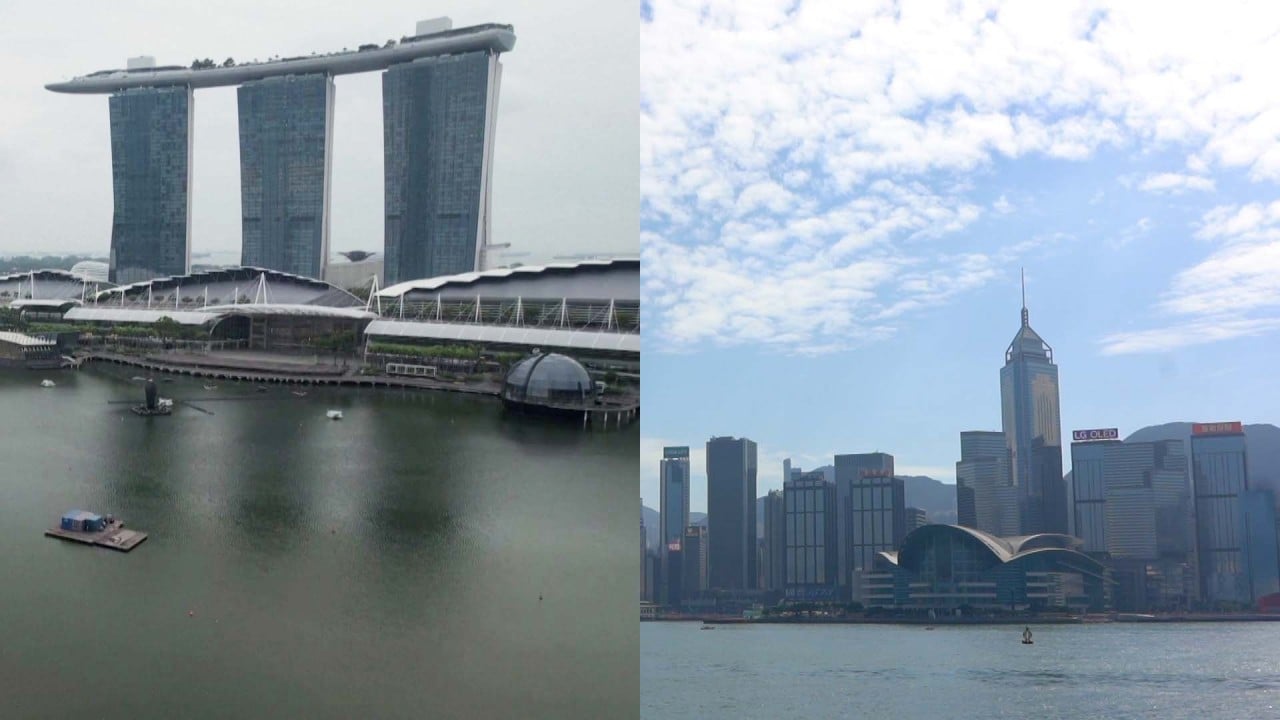
Hong Kong’s story is best told by letting its people speak for themselves
- Dry statistics and bland public relations campaigns are not enough to assuage criticism and concerns about Hong Kong’s status
- The best way to improve the city’s image is to let ordinary Hongkongers be its voice and tell the story of the city they love
It is also fair to say part of the criticism aimed at Hong Kong has had ulterior motives. Scoring points is easy, fixing problems is harder.
The low tax rates, concentration of wealth and robust legal infrastructure are virtues that are either accepted as normalised givens by supporters or neglected by naysayers.
The second problem is rooted in a structural defect: the voices of the public – especially those who are disillusioned or critical of current government policies – are insufficiently incorporated into policymaking processes. I appreciate this current administration’s commitment to being result-oriented, but sometimes the process matters just as much, and maybe more.
Three reasons Hong Kong is trailing in the race for global talent
More generally speaking, community participation and volunteering, engagement with electoral institutions and trust in the political and government apparatus have been damaged by the past few years of seismic changes. It will take time and sincerity for the government to win back the hearts and minds of many Hong Kong people.
There is a set of solutions that tackle both problems. They enable a dynamic and convincing telling of Hong Kong’s story as well as allow the administration to better target its reforms at addressing the genuine lived experiences of people on the ground.
I say let ordinary Hongkongers – the hawker in the wet market, the teacher dealing with piling stacks of homework to mark, the young professional deliberating over whether they should stay or go – be the voices the government platforms and shares with the world at large.
These people all have great ideas about how Hong Kong can move forward. Yet they, by virtue of their seeing the flaws and gaps in the city’s present state, would not qualify for the current brigade of good storytellers.

There remains much to be loved about the city – its spectacular dynamism, cultural diversity, robust legal and financial infrastructure, fantastic greenery and world-class infrastructure, to name just a few.
We must be willing to embrace the truth about our defects, reflect upon our weaknesses and identify the openings for change. Only then can we truly regain the world’s trust and interest.
Brian Wong is a DPhil in Politics candidate at Balliol College, Oxford, a Rhodes Scholar (Hong Kong 2020), and the founding editor-in-chief of the Oxford Political Review

.png?itok=bcjjKRme&v=1692256346)

